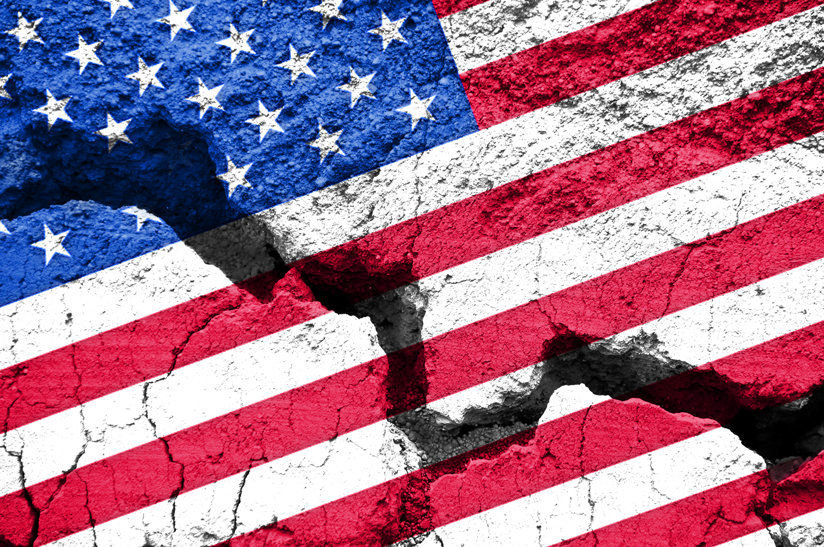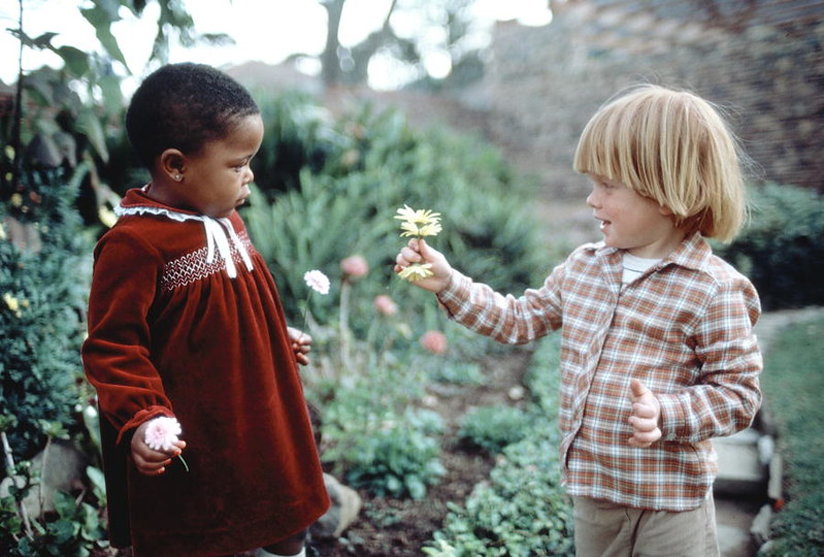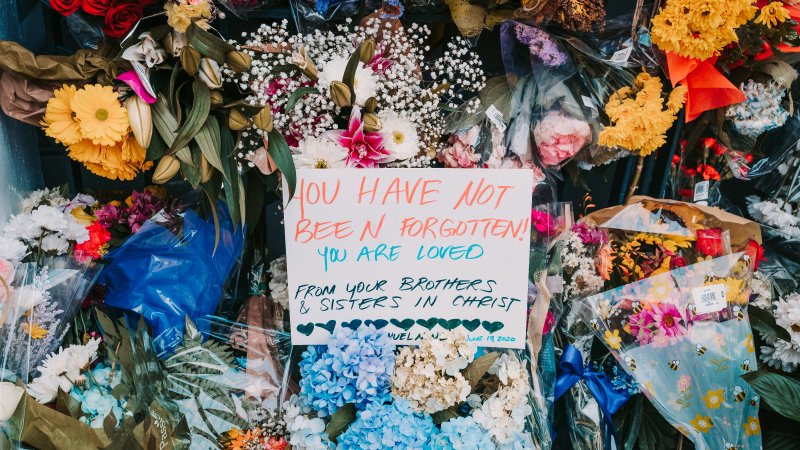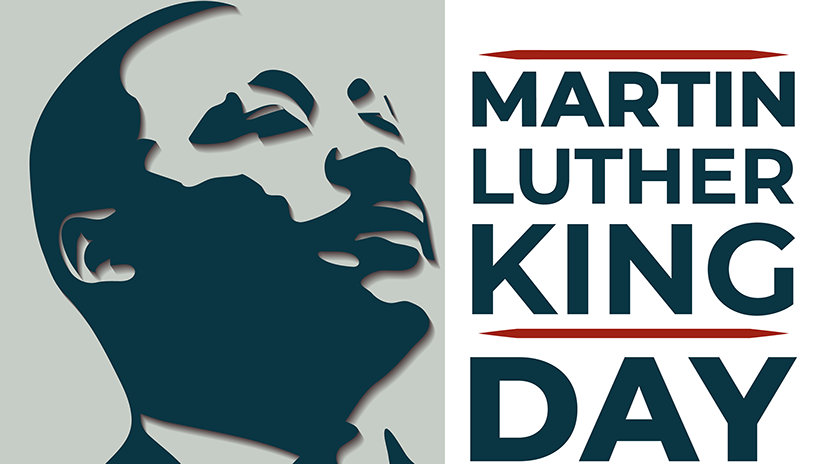The Real Divide in America, and Where We Go From Here
I’ve been fortunate to live and travel in countries all over the world. One of the most important lessons I’ve learned as a byproduct of my travels is that most people are genuinely good. They work hard and care about how well their families and communities are doing. They enjoy helping others and have a basic sense of decency and fairness. In short, the vast majority of people you encounter in the world out there, regardless of gender, religion, race, language, ethnicity, education or profession, are the kind of people with whom you’d be happy to share a meal or a productive conversation.

Right now people of conscience all over the world are standing up, shoulder to shoulder, and saying, “Enough!” The chasm between the everyday experience of so many people and the promise of universal human rights that has been outlined in countless laws and decrees has shown itself to be too wide, and millions of people across my country and around the world are demanding a bridge be built over it right now.
In the middle of this social and cultural transformation, I’m also observing something I haven’t seen before: friends of mine and people of goodwill in my extended network are directly and sometimes viciously attacking each other because of a perceived difference in their personal beliefs and viewpoints. Based on comments I’ve read online and conversations I’ve had, I know I’m not the only person disturbed and worried by this trend. Dismissing and attacking viewpoints out of hand that don’t align with our own doesn’t move the conversation forward. It only serves to entrench both sides into dug-in positions that must then be defended to the end. What is the point of that exactly? Who “wins”?
It sometimes takes an extraordinary amount of courage and patience—and maybe even what some would call grace—to allow someone else to live and see and operate in the world based on a reality that you as an individual just might not understand.
I reject the notion that equality, economic opportunity, politics and religion are zero-sum games, and that one person or group has to give up something in order for another group to gain something else. I believe there is limitless opportunity—that when one member of a community is uplifted it benefits absolutely everyone else in that community. And I believe that the only way to build a better future that truly respects the human rights and freedoms of every one of us is to understand what it feels like to walk in the shoes of many different individuals—and to respect that that feeling may be very different for different groups and people, and that it’s not necessarily a matter of one side being “right” and one “wrong,” or even that there is a specific right or wrong answer that applies to everyone.

It sometimes takes an extraordinary amount of courage and patience—and maybe even what some would call grace—to allow someone else to live and see and operate in the world based on a reality that you as an individual just might not understand. It takes humility. It takes faith in your own viewpoint. And that faith comes from a lifetime of asking hard questions, of never assuming you already know the answers, and of being willing to change your mind.
There is not anything anyone in the world could say negatively about my church or my religion that would sway my belief in the value of Scientology. That certainty doesn’t come from blind faith, however. It comes from 20 years of asking hard, pointed questions and coming to my own personal understanding of the answers. I continue to support my church and my religion because our values align with the kind of world I want to live in. The more I learn and study, the prouder I am to be a Scientologist.
For me that is an objective, observable, measurable truth. There is no “them.” There is only us.
Two concepts I’ve learned in Scientology in particular are relevant to my view of what’s going on in the world right now. First, the founder of Scientology, L. Ron Hubbard, after decades of research into the human mind and spirit, discovered that people are, at their core, basically good. This was very different than other prevailing theories that humans are simply evolved animals or that we’re run by our baser instincts and only “behave” under threat of punishment.
The second concept is that while absolutely everyone is good at their core, about 20% of people are having such a rough time spiritually that their impact on themselves and others is more destructive than helpful. Of that 20%, about 2.5% are truly behaving in a way calculated to harm other people. And even these few, underneath many layers of confusion, irresponsibility and pain, are still basically good. That means even the most hardened criminal can be rehabilitated, and even the most entrenched, toxic viewpoints can be changed and bettered.
I bring this up because I personally feel that, at this historical moment in time, we need to speak plainly and honestly with each other. We need to risk traveling outside our comfort zones and seeking out viewpoints and opinions and ways of operating that don’t already match our own, and then we need to remember that at least 80% of the people we’re talking to, no matter how different they may seem, are good people seeking to make the world a better place in the best way they know how.
For me that is an objective, observable, measurable truth. There is no “them.” There is only us. If 80% of people are operating in a way designed to improve things, that means 80% of people on both sides of every argument and every social and cultural divide. There’s only a small minority of people who are really trying to cause trouble. If the vast majority of us who want to keep the show on the road stop attacking each other and instead give ourselves and each other the benefit of the doubt, there’s nothing we can’t accomplish. Working together, there are no limits to the heights we can take our culture.
Right now I think we all need to do much more listening than talking. We need to go the extra mile to practice empathy and to try to understand viewpoints that seem foreign or even outright wrong to us at first glance.
People who are racist are suppressive. They’re driven by a need to push and keep others down. They are also bullies. Race is a tool they use to attack others. This type of personality makes everyone around them feel small because it’s the only way they can feel strong themselves. They are cowards—cowards who will find any excuse to belittle those around them. Attacking some people based on their race is one despicable way this type of person goes about that task. The true divide is not between races, not between Democrats and Republicans, not between the rich and the poor and not between red and blue states but between the vast majority of people who are trying their best to improve things, and this small percentage of people sowing the seeds of hate, chaos and division. You will find them in every social, ethnic, cultural, economic, religious and political demographic, and we can’t let the destructive few keep the rest of us from a meaningful dialogue that could bring about real change.

Right now I think we all need to do much more listening than talking. We need to go the extra mile to practice empathy and to try to understand viewpoints that seem foreign or even outright wrong to us at first glance. Far from degrading or eroding our own beliefs and values, this kind of moral and intellectual dialogue and soul-searching will only strengthen our faith in our own personal realities, even (and maybe especially) if that reality changes for the better as a result. I know too many fantastic people on both sides of many cultural arguments to think that one “side” can ever have a monopoly on the truth or on positive intentions.
Let us protect human rights, let us fiercely debate issues that matter, and let us do it with love and respect for absolutely everyone with the courage to talk about how to change things for the better.
We are, in the end, all in this together.










